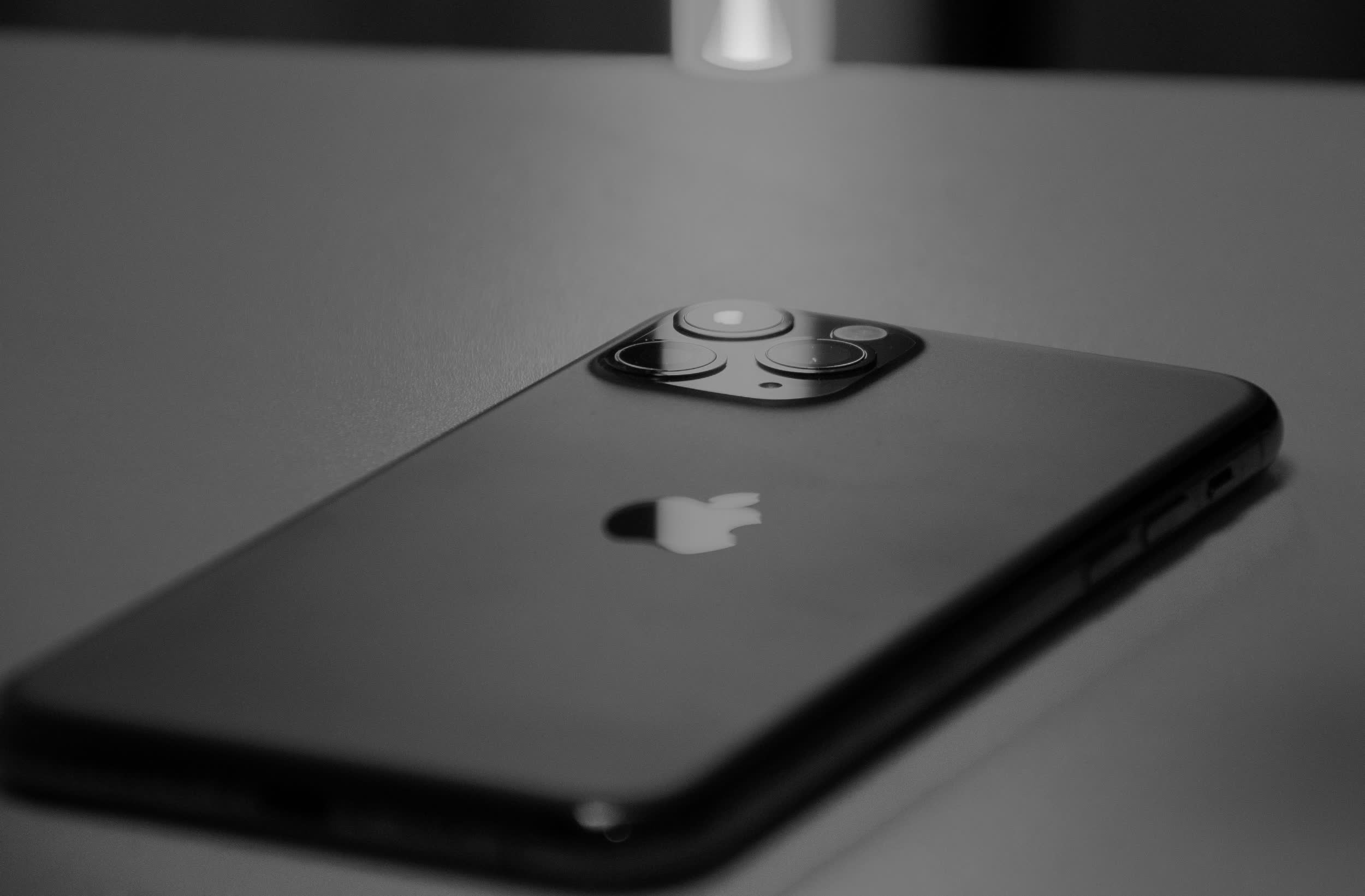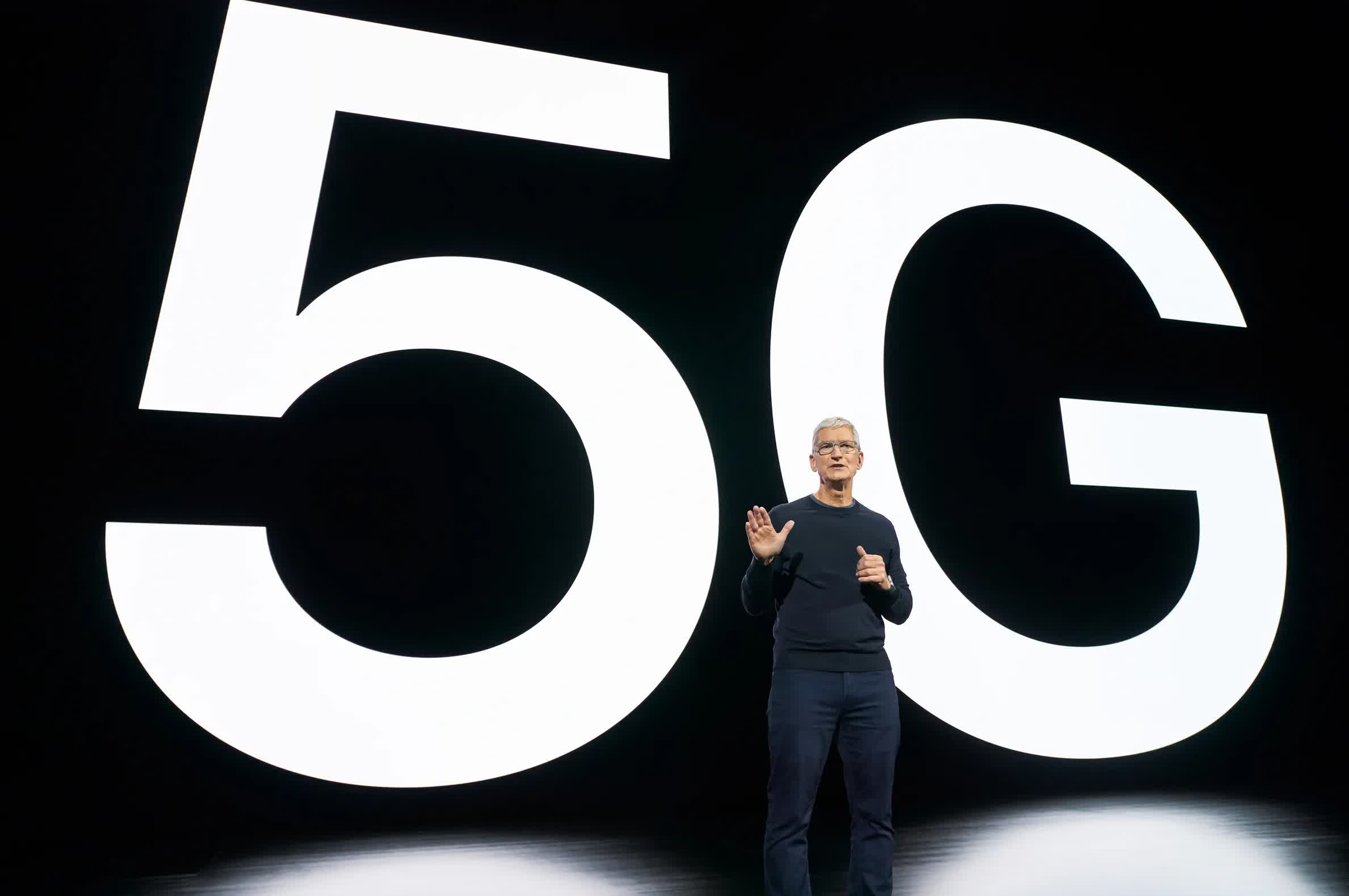In brief: It has been more than three years since Apple officially purchased Intel's 5G modem business but it doesn't seem as if Cupertino is close to outfitting its iPhone with in-house communications hardware.
Many expected Apple to have its own 5G modem chip ready for the 2023 iPhone but that roadmap no longer appears to be valid. In July, Bloomberg said the initiative had been slowed by overheating prototypes and suggested 2024 might be the earliest date for an Apple modem. A month earlier, Apple analyst Ming-Chi Kuo said his latest survey suggested the initiative "may have failed."
Comments accompanying Qualcomm's earning report this week indicated the chipmaker will provide the vast majority of modem chips for next year's iPhone. Qualcomm was originally only expected to supply 20 percent of 5G chips for the 2023 iPhone.
As Bloomberg highlights, the admission did little to ease Qualcomm investors' concerns as share value in the company's stock is down more than 7.5 percent as of writing. Apple stock is currently trading down 3.6 percent.

Apple has been looking to reduce its reliance on third party suppliers like Qualcomm for a while now. The company agreed to purchase Intel's 5G modem business in mid-2019 for $1 billion to give it a head start in the development process. A few months later, Intel claimed it sold the asset at a multi-billion dollar loss and alleged rival chipmaker Qualcomm essentially forced them out of the market.
This is not the first hardware initiative Apple has struggled with.
The company announced a wireless charging mat alongside the iPhone X in late 2019. AirPower was designed to wirelessly charge up to three devices at once but was met with multiple technical hurdles during the development process. Rumors eventually suggested Apple had ironed out all of the kinks but in March 2019, Apple announced it had canceled the project. It marked the first time in the modern era that Apple had canceled an announced hardware product before launch.
Image credit: Amar Preciado
